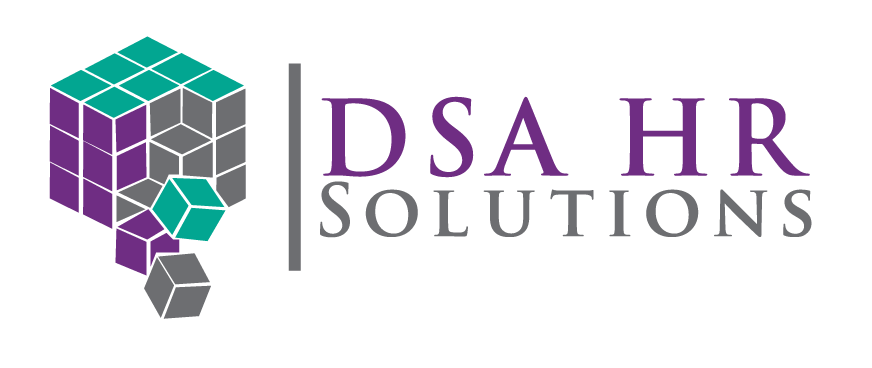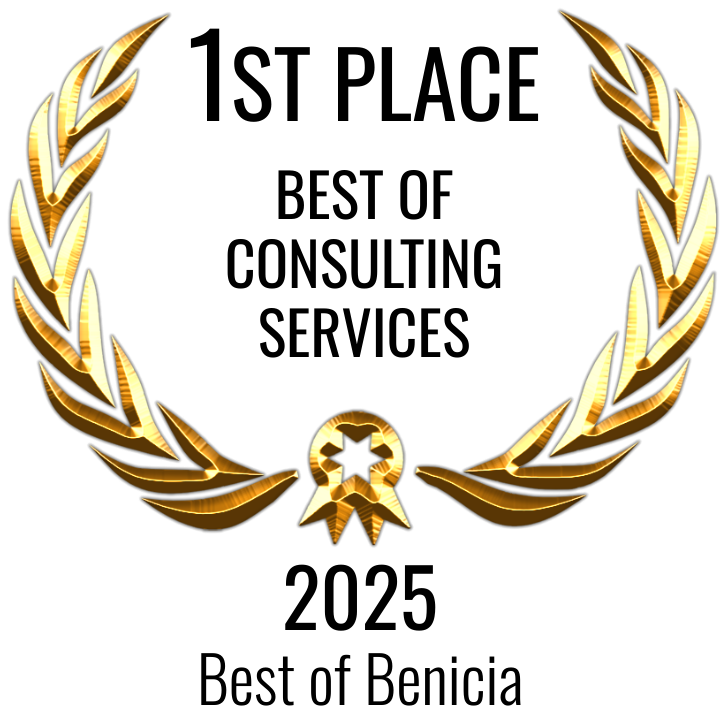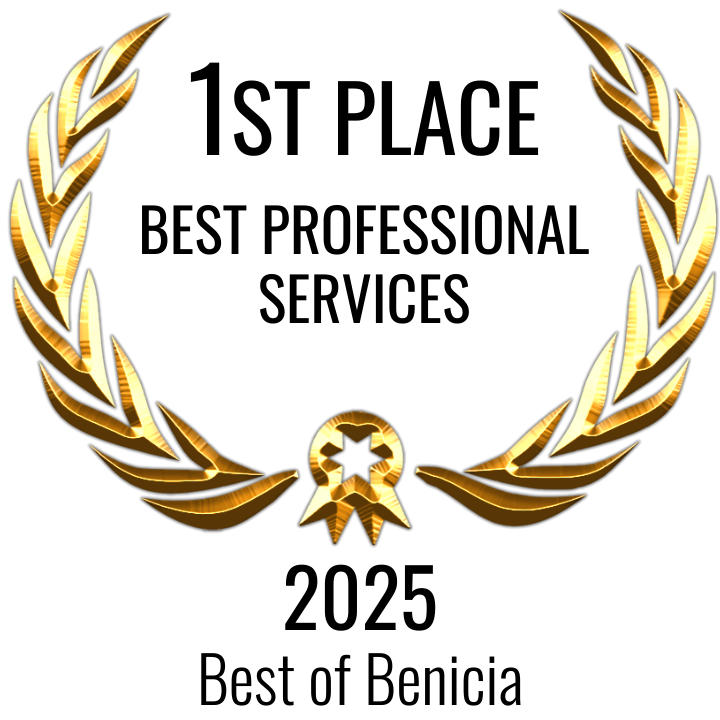How to Train Managers
You've probably heard the saying, "employees are the backbone of your business." But if you really think about it, this phrase only holds true when you have great leaders at the forefront. They help keep things running smoothly, boost efficiency, and drive productivity in your team.
Now, there's another saying, "leaders aren't born, they're made." Management skills aren't something you acquire once— they need constant development through proper training programs.
Ultimately, if your goal is to build a strong and effective team, nurture and create leaders.
Let’s explore how you can
train managers. In this post, we cover:
- What it means to be a manager
- Taking a closer look at your team's skills
- Picking out the best training materials and methods
- Putting your plan into action
- Creating a sustainable leadership plan

What Is a Manager?
What defines a manager? At its core, a manager's primary responsibilities include planning, organizing, directing, and controlling resources to achieve organizational goals and objectives. A manager oversees and coordinates the work of a team to ensure projects and tasks are completed successfully. Some of the key responsibilities include:
- Setting objectives and strategic goals for the team
- Planning and prioritizing activities and projects
- Delegating tasks and overseeing progress
- Managing budgets, schedules, and resources
- Providing feedback, coaching, and mentoring to team members
- Resolving conflicts and problems that arise
- Communicating important information to the team and other stakeholders
- Representing the team's needs and concerns to upper management
- Conducting performance reviews and driving continuous improvement
And most people know these already.
Managers = managing.
This Is where people may get it wrong. Definitions and key attributes aside, managers are those that help lead the people to the ultimate goals of the company. They aren’t just someone that tells people what to do, but rather someone who embodies the company values, mission, and leads people to that. They need leader-like qualities.

How Do You Create A Management Training Program
Creating a great management training program begins with understanding what your managers need to grow. This helps tailor the training to suit both individual manager needs and the broader company goals.
- Check Current Skills: If you know your people, you can sometimes tell right off the bat where they lack or where you feel like they can improve (HR performance evaluations can help with this). Alternatively, you can have managers complete self-evaluation surveys. For instance, ask them to rate their proficiency in certain areas. You can also conduct one-on-one interviews where you discuss their experiences and challenges, allowing them to highlight areas they think they need improvement in.
- Spot Common Gaps: Review the results across all managers to find common areas needing improvement. For example, you might notice issues with time management, strategic thinking, or conflict resolution. These become the top priorities for training.
- Personalized Development:
It’s always best to customize management training to suit each manager. New managers might need general leadership training, while experienced ones could benefit from advanced decision-making skills.
- Make It Personal: Design the program with core modules for everyone and optional electives for specialized skills. Experienced managers might even have the option to skip basic courses and dive straight into advanced topics. HR
Core Training Components
An effective management training program should focus on building core leadership and professional skills. The most important components to cover are:
- Leadership skills
- Communication skills
- Decision making
- Conflict management
- Time management
- Team building
Beyond teaching the basics, train your managers to understand how to embody the company's mission and vision in their roles. Provide them with a clearer roadmap of how, why, when, and where to apply these principles within the organization.
Check out Beginning, Basic and Beyond (BBB) Management Training Series – a customizable training that allows you to select key modules from our top management topics to meet your organization’s needs. This is a great program for new as well as seasoned managers.

Different Types of Training Programs
How can you do a management program? There are various training methods and approaches that can be utilized to develop managers' skills. Overall, your approach should be customized based on the organization's needs, managers' learning styles, and budget.
In-person vs Online Training
In-person training allows for face-to-face interaction, group exercises, and hands-on learning. However, it can be more expensive and time-consuming than online training—especially if you have a remote team. Online training is more flexible and cost-effective, but lacks the interpersonal element.
Mentorship and Coaching
Assigning mentors and coaches provides ongoing guidance as managers apply their training. It also facilitates sharing best practices between experienced and new managers.
Simulations and Role-playing
People learn by doing. Practical exercises like simulations and role-playing put managers in real-world situations to practice new skills. This experiential learning can increase retention and confidence.
Continuous Development
Training should not end after orientation. Continuous learning opportunities reinforce skills and keep managers up-to-date. Options include refresher courses, topical seminars, conferences, and more.
How To Implement The Program
Once the training program is designed, the next critical step is effective implementation.
- Plan and announce the sessions: Set clear objectives and learning outcomes for each training session. Work with your HR department to align the agenda and activities to the desired skills and knowledge. Send reading materials, resources, and prep work ahead of each session. This primes participants for better engagement.
- Engaging the managers to learn: Show managers how training benefits them personally – what's in it for them. Keep things interactive and hands-on instead of just talking at them.
- Practical applications: Focus on how they can use what they've learned on the job right away. Offer post-program coaching and access to trainers for ongoing support.
- Feedback: Gather feedback through surveys, discussions, and self-assessments. Check if managers are applying what they've learned in their roles.
Strained for time? Don’t have an HR to organize your leadership programs?
Check out how DSA HR Solutions can help.

How Can You Tell If The Management Programs Are Working?
Once you’ve trained, how can you track progress? Monitor progress and measure effectiveness by doing the following:
- Setting clear benchmarks and performance indicators to track improvement in skills. For example, leadership abilities can be measured by team engagement surveys before and after training.
- Conducting regular check-ins and progress assessments at key milestones. Managers should receive feedback on strengths, weaknesses, and areas needing improvement.
- Adjusting the training program based on feedback and outcomes. If progress monitoring shows gaps in certain skills, additional training modules can be added to address problem areas.
- Tracking long-term impacts on managerial performance beyond the training period. Are teams more collaborative and productive? Have employee retention rates improved under newly trained managers?
How To Keep It Sustainable and Consistent
Now, let’s assume your management training is doing well and you’re seeing progress. That’s great! Keep the momentum going. Keep managers engaged and constantly improving by:
- Providing regular training updates to reinforce core competencies
- Offering an online resource hub
- Encouraging mentorship and coaching opportunities
- Hosting quarterly development sessions based on manager preferences
- Sending managers to industry events and supporting memberships
- Promoting continuous skill enhancement through microlearning and curated resources
- Intensive multi-day leadership programs blending theory, case studies, activities, and reflection.

Unlock the Full Potential of Your Leaders with DSA HR Solutions
At DSA HR Solutions, we understand that the heart of your business success lies in its leadership. Our bespoke Management Training Programs are designed to develop the essential skills your managers need. From assessing current skills to addressing unique challenges, our programs are personalized for each manager. Choose from in-person workshops for hands-on, interactive training or online modules for convenient, remote learning.
Ready to Transform Your Leadership Landscape? Contact DSA HR Solutions Today!
Let's build a future where your managers are not just leaders but visionaries who embody your company's values and mission. Find all of your human resources solutions right here. With our staff of HR professionals and the entire suite of human resources services we offer, your company can create effective HR policies that will offer it a competitive edge in the long run.
Author
We are a team of certified
HR experts based out of the San Francisco
Bay Area that provides
HR consulting services to businesses nationwide.




